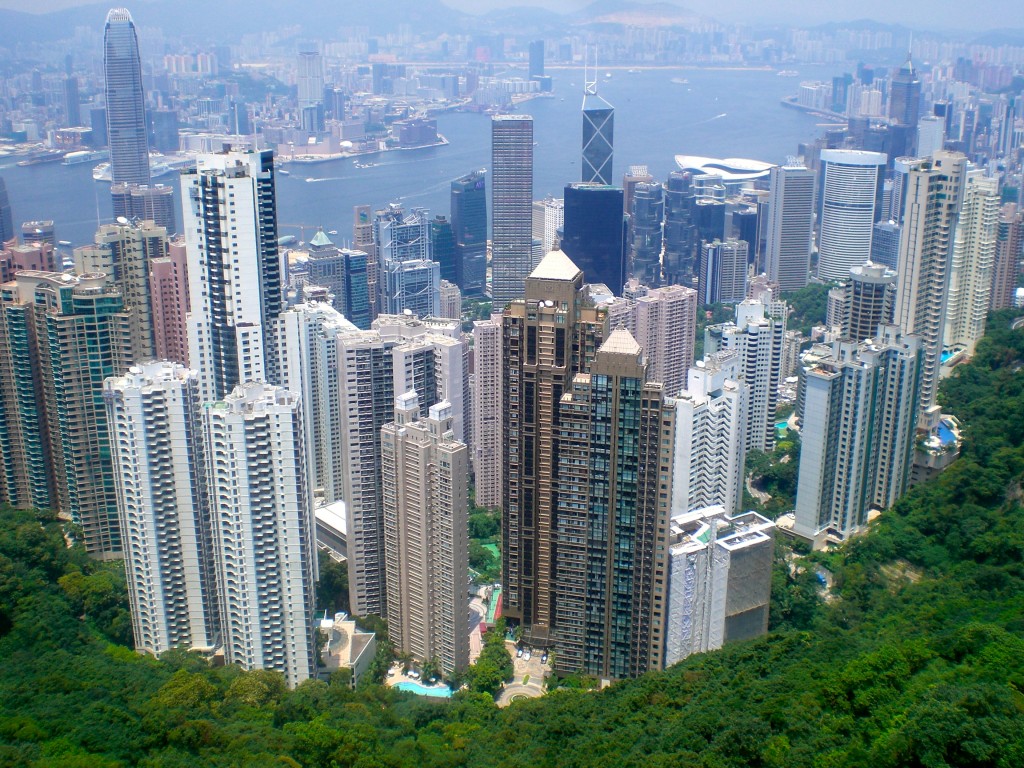Normally, an unofficially referendum conducted online isn’t worth paying much attention — just ask the residents of Venice who organized a deeply flawed, overwrought poll on Venetian independence that attracted just 135,000 participants after initially claiming 2.4 million.![]()
![]()
But it’s worth noting the ongoing online referendum that the Hong Kong-based ‘Occupy Central with Love and Peace’ has organized, because it’s one element of a larger struggle between democracy activists and Beijing that could have major repercussions — not only for Hong Kong, but for the future political development of Macau, the Chinese mainland and, possibly, Taiwan.
Occupy Central’s chief goal is to open the nominating process for the 2017 election of Hong Kong’s chief executive. Hong Kong’s Basic Law, promulgated prior to the 1997 handover to govern the Hong Kong special administrative region, provides for the eventual democratic election of a chief executive. It’s a development that dates back over two decades to the negotiations between the British and Chinese governments over the 1997 handover. Ten years ago, Chinese officials finally relented and committed to some form of universal suffrage for the 2017 race.
Trouble began brewing earlier this month, however, when Beijing released a provocative ‘white paper’ on Hong Kong that took an aggressive posture with respect to Hong Kong’s future:
Published by the State Council Information Office, the unprecedented white paper states that “many wrong views are currently rife in Hong Kong” with regard to the “one country, two systems” principle that governs the territory’s relationship with Beijing. Some residents are “confused or lopsided in their understanding” of the principle, it adds.
“The high degree of autonomy of the HKSAR (Hong Kong Special Administrative Region) is not full autonomy, nor a decentralized power,” said the paper. “It is the power to run local affairs as authorized by the central leadership.”
Local media have gone so far as to describe the white paper as an outright repudiation of the ‘one country, two systems’ principle that has guided China-Hong Kong relations since Deng Xiaoping (邓小平) coined the concept in the 1980s during the initial handover negotiations. Continue reading Hong Kong: One country, one-and-a-half systems?
